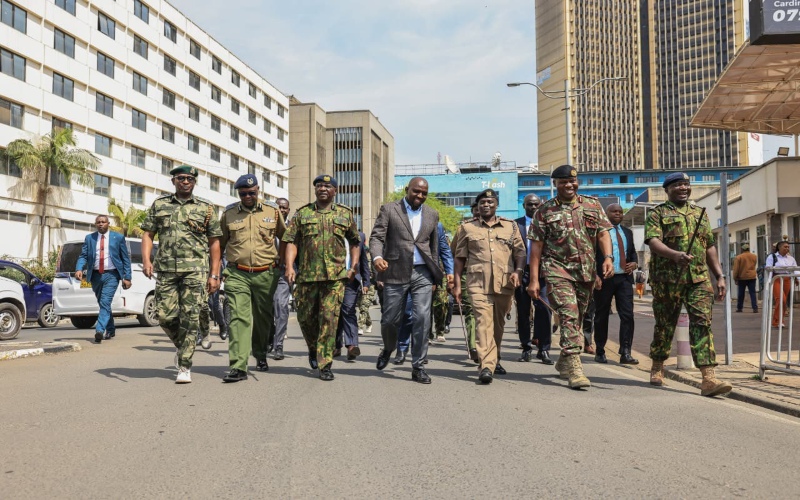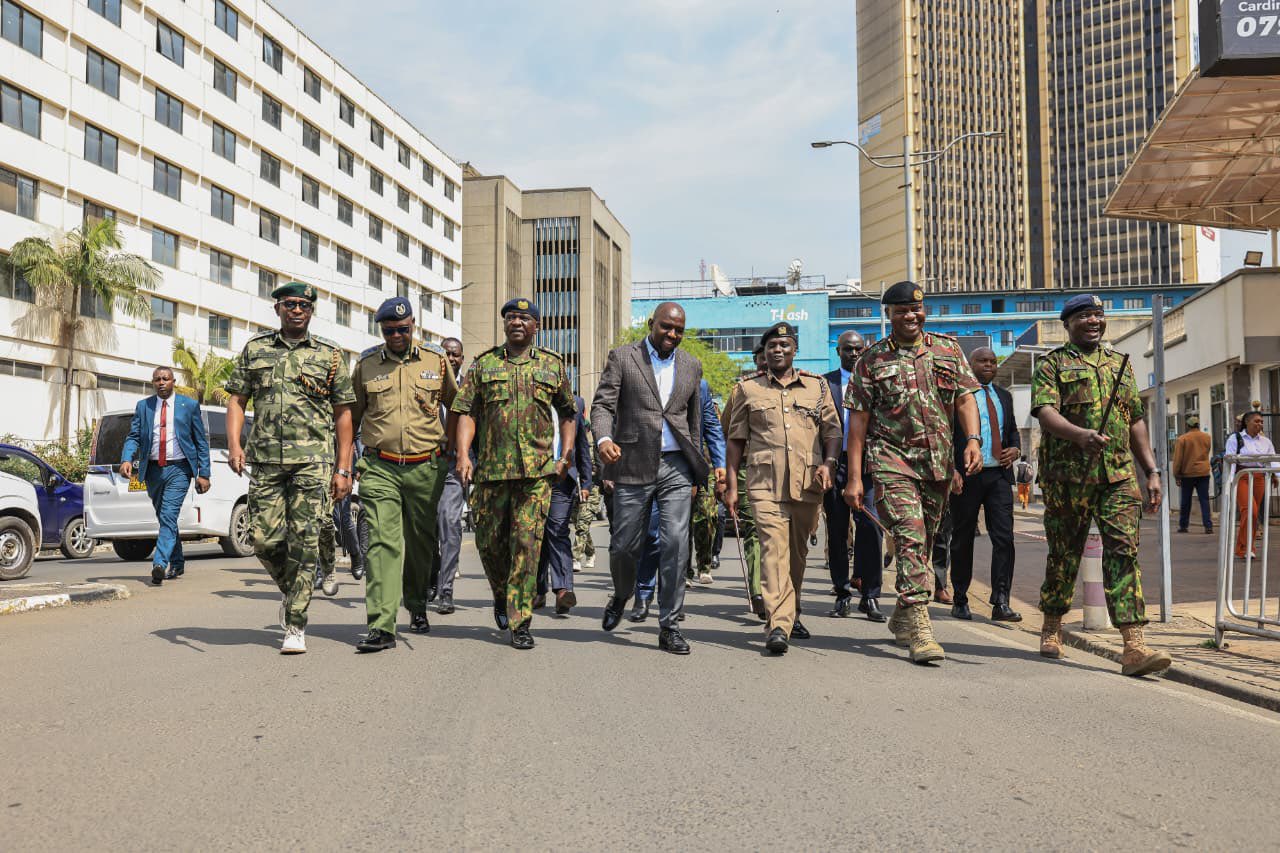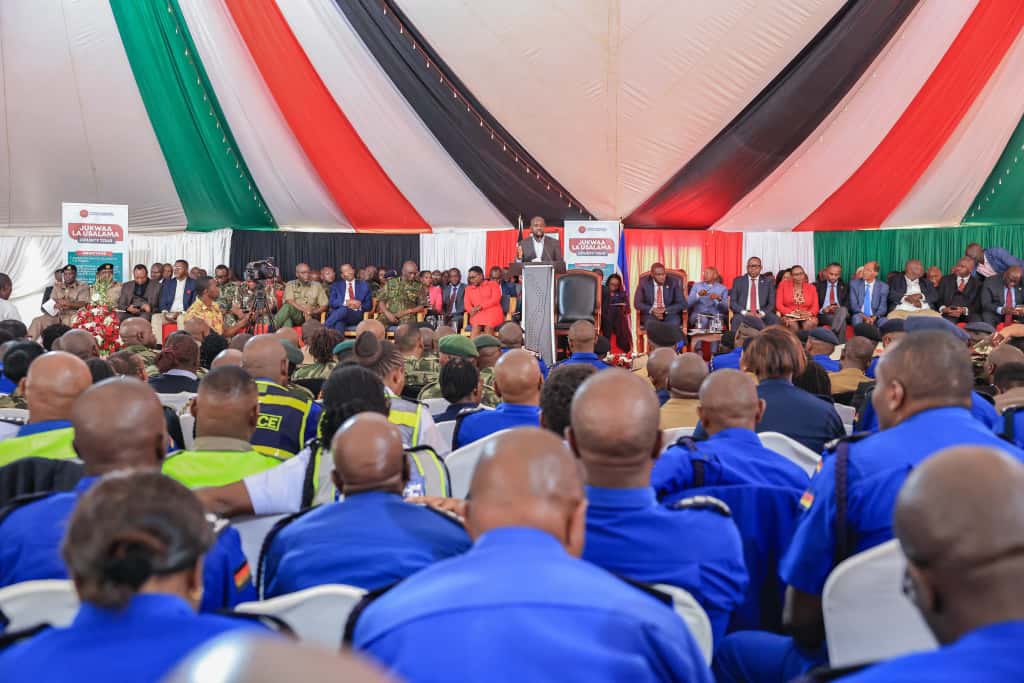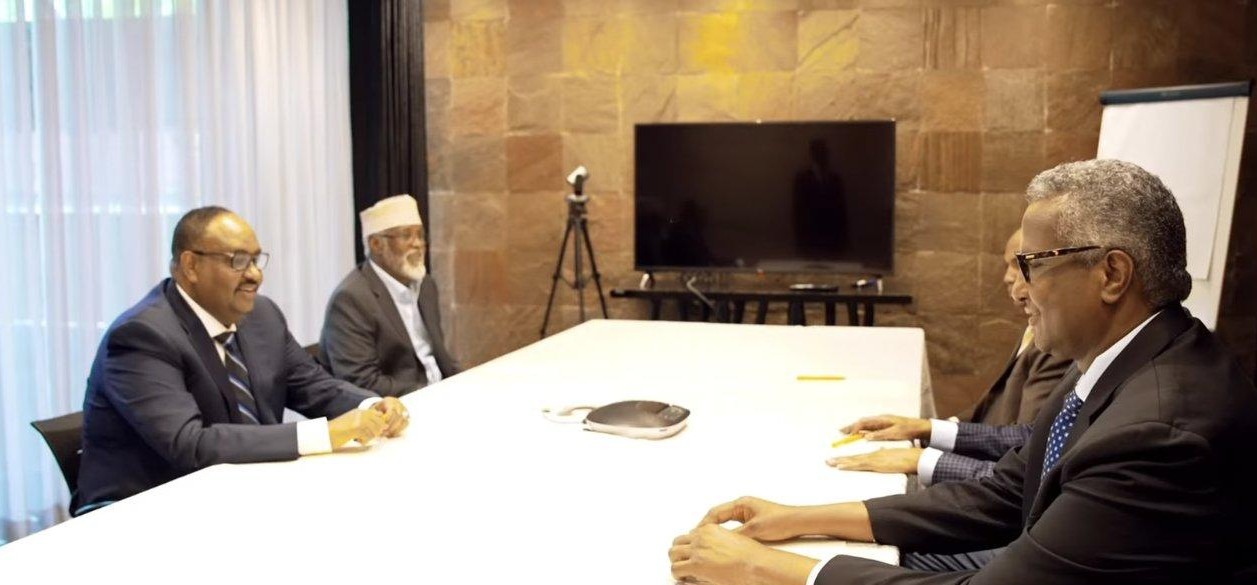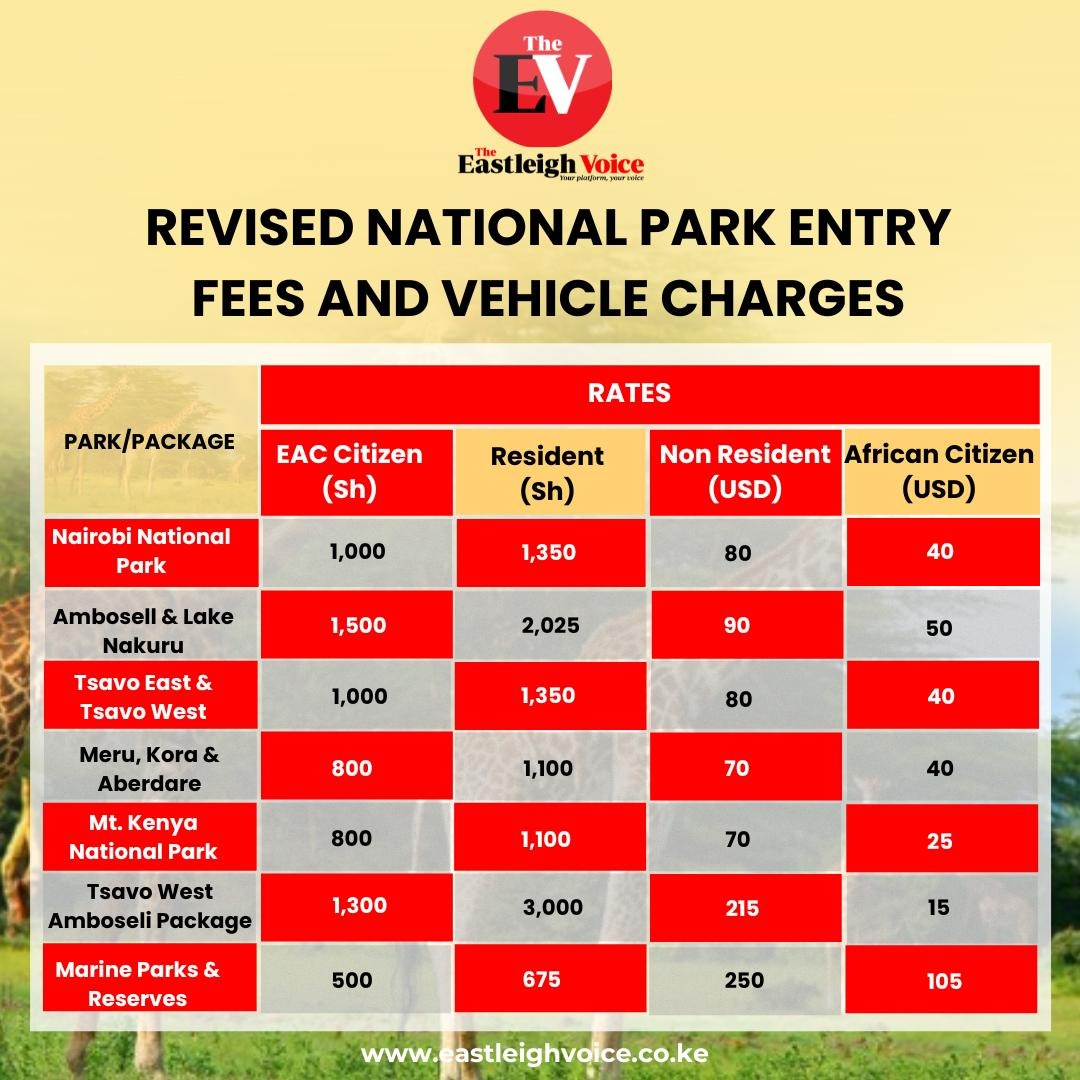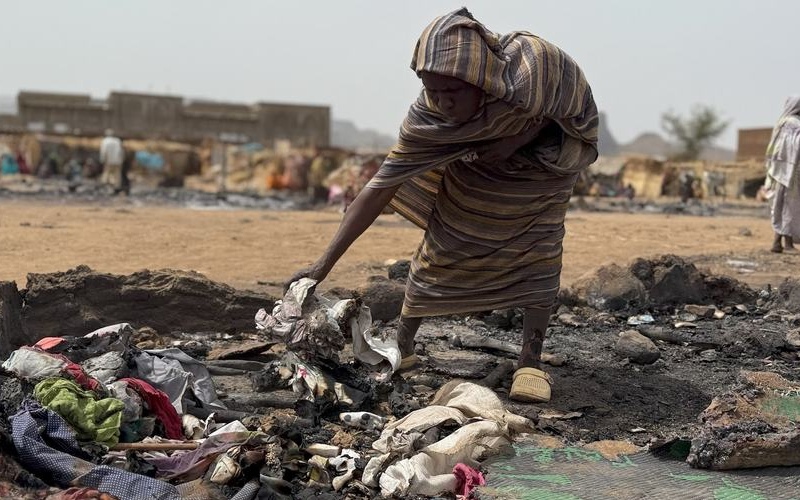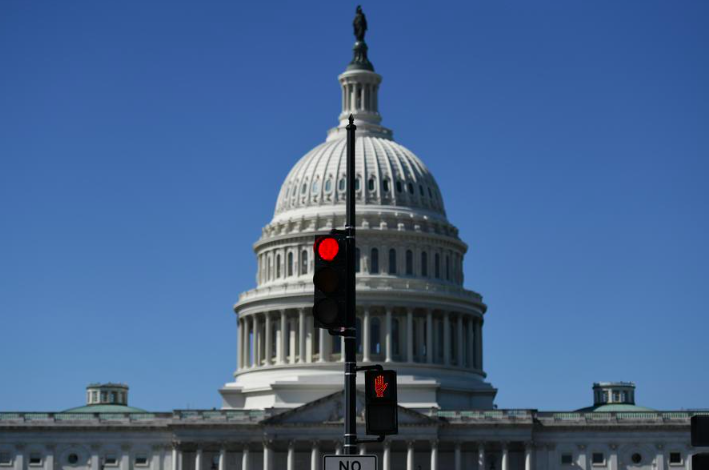Hamas, Israel trade blame for not reaching Gaza ceasefire and hostage deal
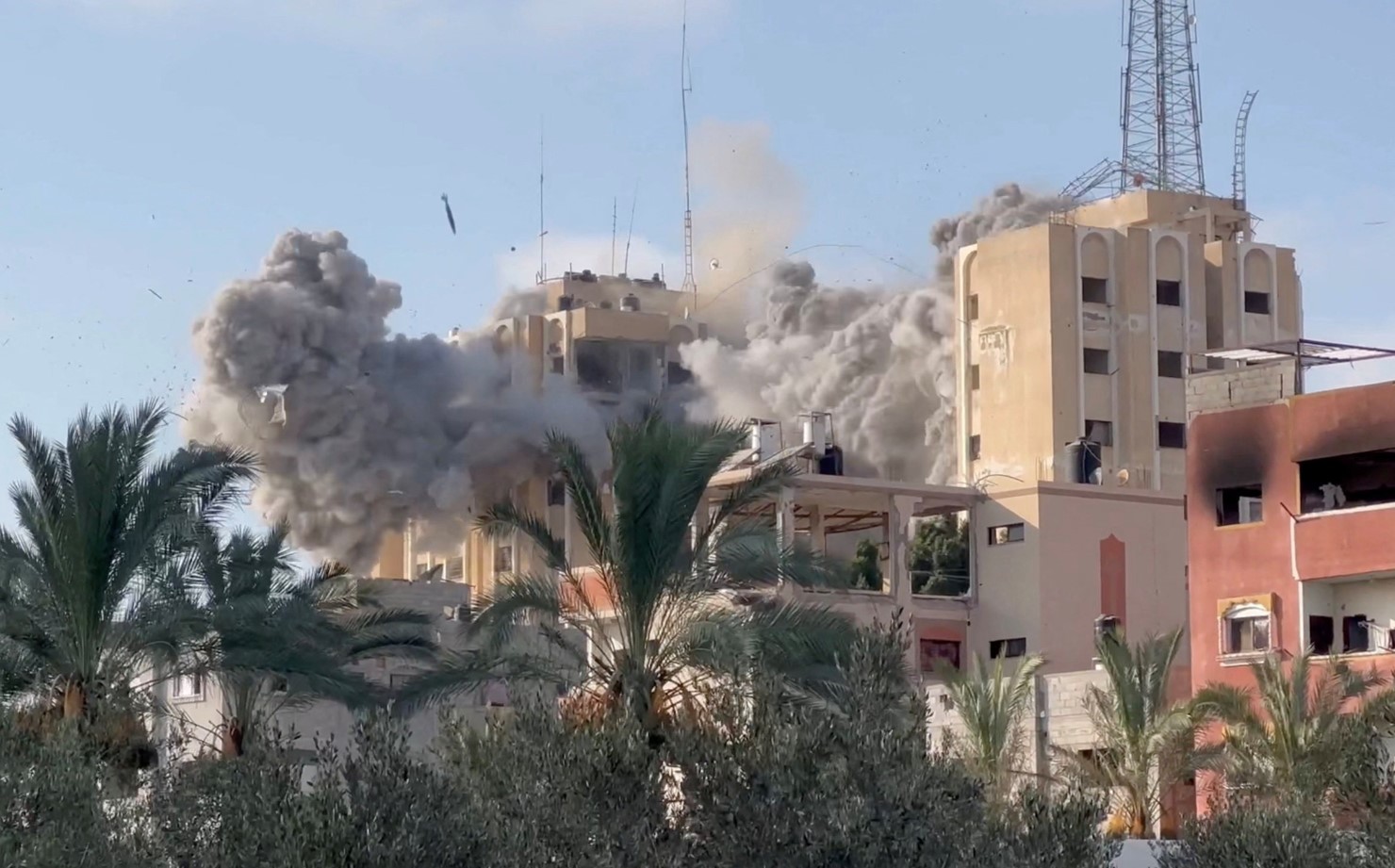
Netanyahu's office said in response that it was Hamas leadership that was preventing a deal by demanding 29 changes to the proposal.
Israel and the Islamist group Hamas traded blame on Monday over the lack of progress in reaching a ceasefire and hostage release deal in the Gaza Strip despite international mediation.
Hamas accused Israeli Prime Minister Benjamin Netanyahu of adding new conditions and demands to a U.S.-backed truce proposal, after the latest talks conducted through mediators.
More To Read
- Gaza-bound flotillas: All you need to know
- Gaza aid convoy says Israeli warships used cyberattack to disrupt mission delivering food, medicine
- Gaza war casualties surge past 66,000 amid failed ceasefire efforts
- South African activists join global flotilla to Gaza, condemn Israeli actions
- Middle East: Spain, Italy send navy ships to Gaza flotilla
- Gaza City suffering escalates as Israeli strikes inflict more heavy casualties
Netanyahu, however, denied making any changes and said Hamas was the one insisting on numerous changes to the original proposal.
The Palestinian Islamist group said it had received the latest response from Israel, following talks in Rome involving Israel, the United States, Egypt and Qatar.
"It is clear from what the mediators conveyed that Netanyahu has returned to his strategy of procrastination, evasion, and avoiding reaching an agreement by setting new conditions and demands," Hamas said in a statement on Monday.
It accused Netanyahu of retreating from a proposal previously presented by mediators, which it said had already been based on an "Israeli paper".
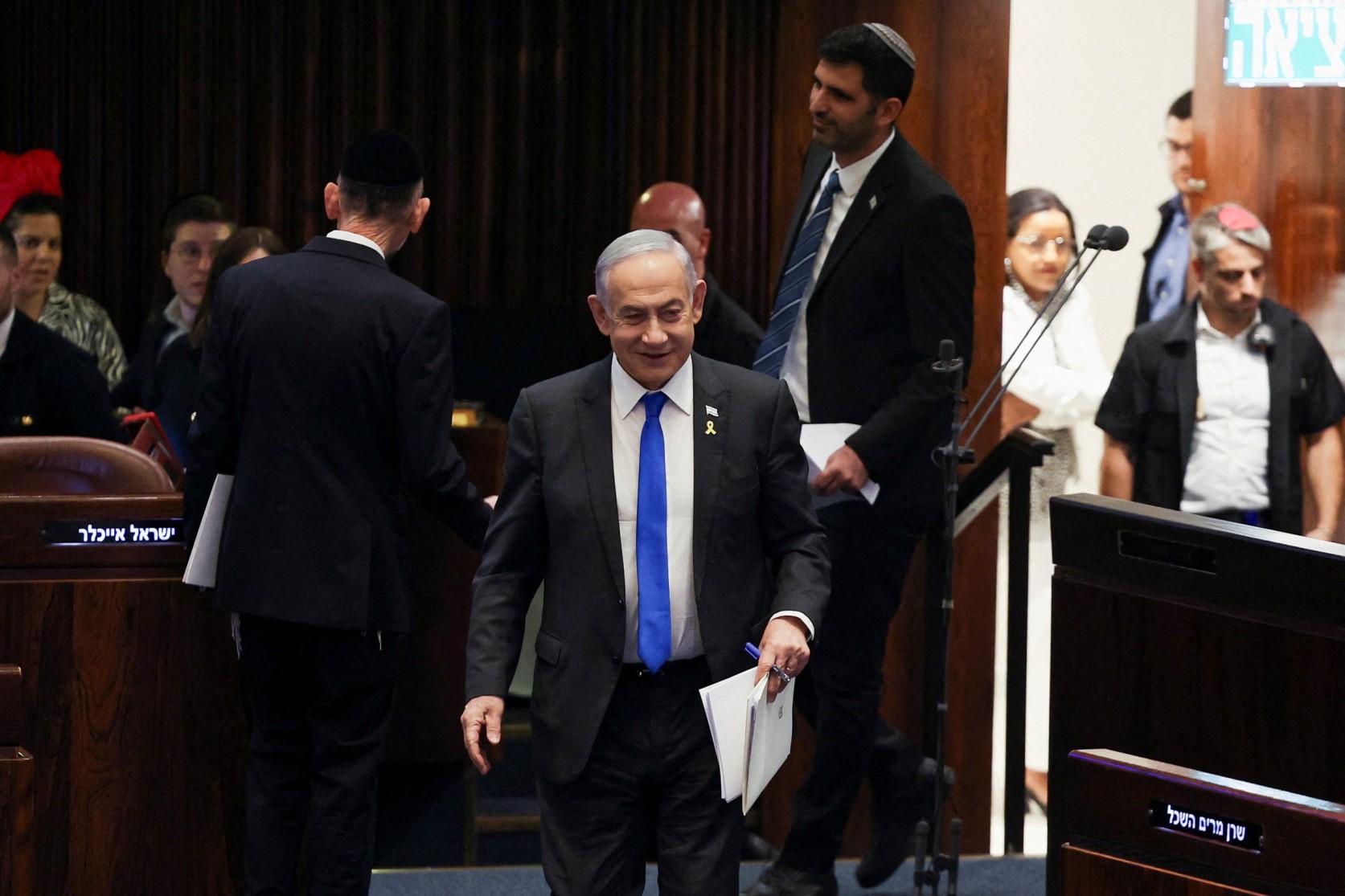 Israeli Prime Minister Benjamin Netanyahu walks on the day of a discussion at the Israeli Parliament Knesset in Jerusalem July 17, 2024. (Photo: REUTERS/Ronen Zvulun)
Israeli Prime Minister Benjamin Netanyahu walks on the day of a discussion at the Israeli Parliament Knesset in Jerusalem July 17, 2024. (Photo: REUTERS/Ronen Zvulun)sraeli Prime Minister Benjamin Netanyahu walks on the day of a discussion at the Israeli Parliament Knesset in Jerusalem July 17, 2024. (Photo: REUTERS/Ronen Zvulun)
Netanyahu's office said in response that it was Hamas leadership that was preventing a deal by demanding 29 changes to the proposal.
"Israel is sticking by its principles according to the original proposal - a maximum number of hostages (to be freed) who are still alive, Israeli control of the Philadelphi Corridor (along the Gaza-Egypt border), and preventing the movement of terrorists and weapons to the northern Gaza Strip," it said.
Washington, which sponsors the talks, has repeatedly said a deal is close; the latest talks are over a proposal President Joe Biden unveiled in May.
Hamas wants a ceasefire agreement to end the war in Gaza, while Netanyahu says the conflict will stop only once Hamas is defeated. There are also disagreements over how a deal would be implemented.
Mediators Qatar and Egypt, backed by the U.S., have repeatedly said doors to more negotiations remain open, with both Israel and Hamas voicing readiness to pursue them.
Top Stories Today
